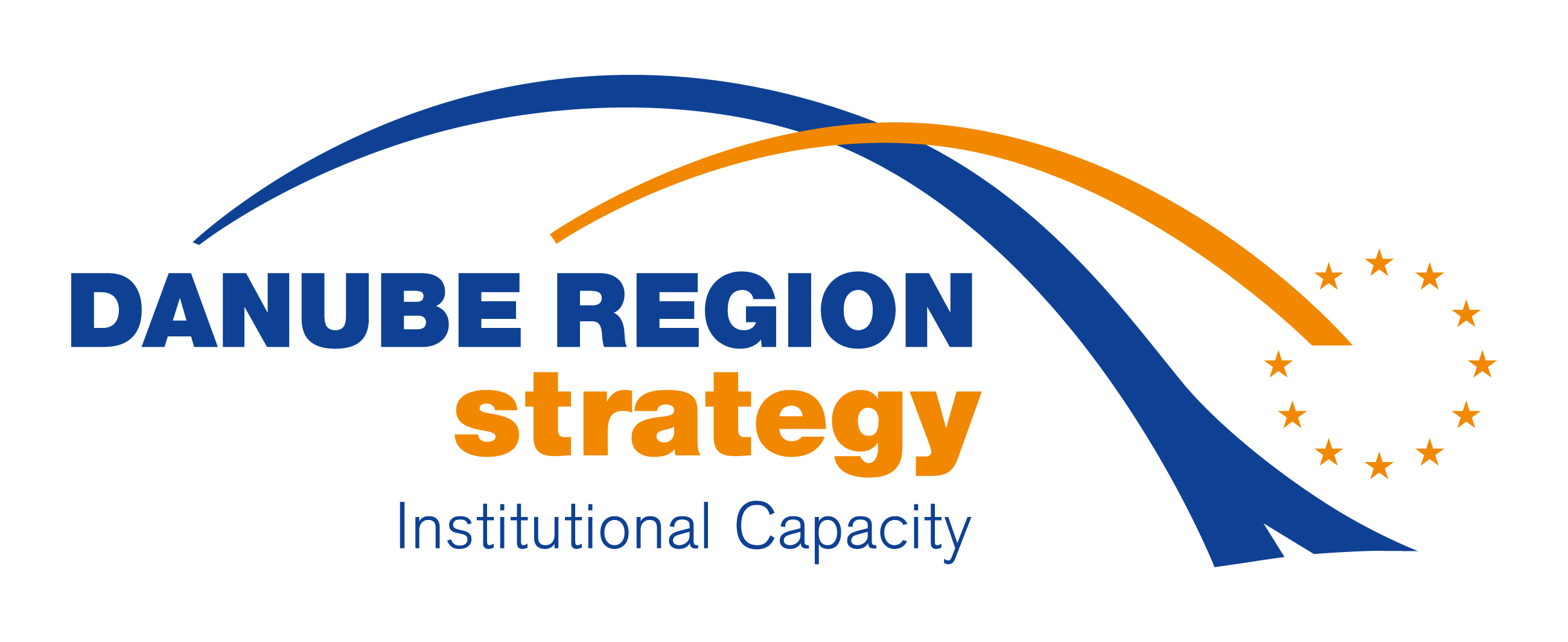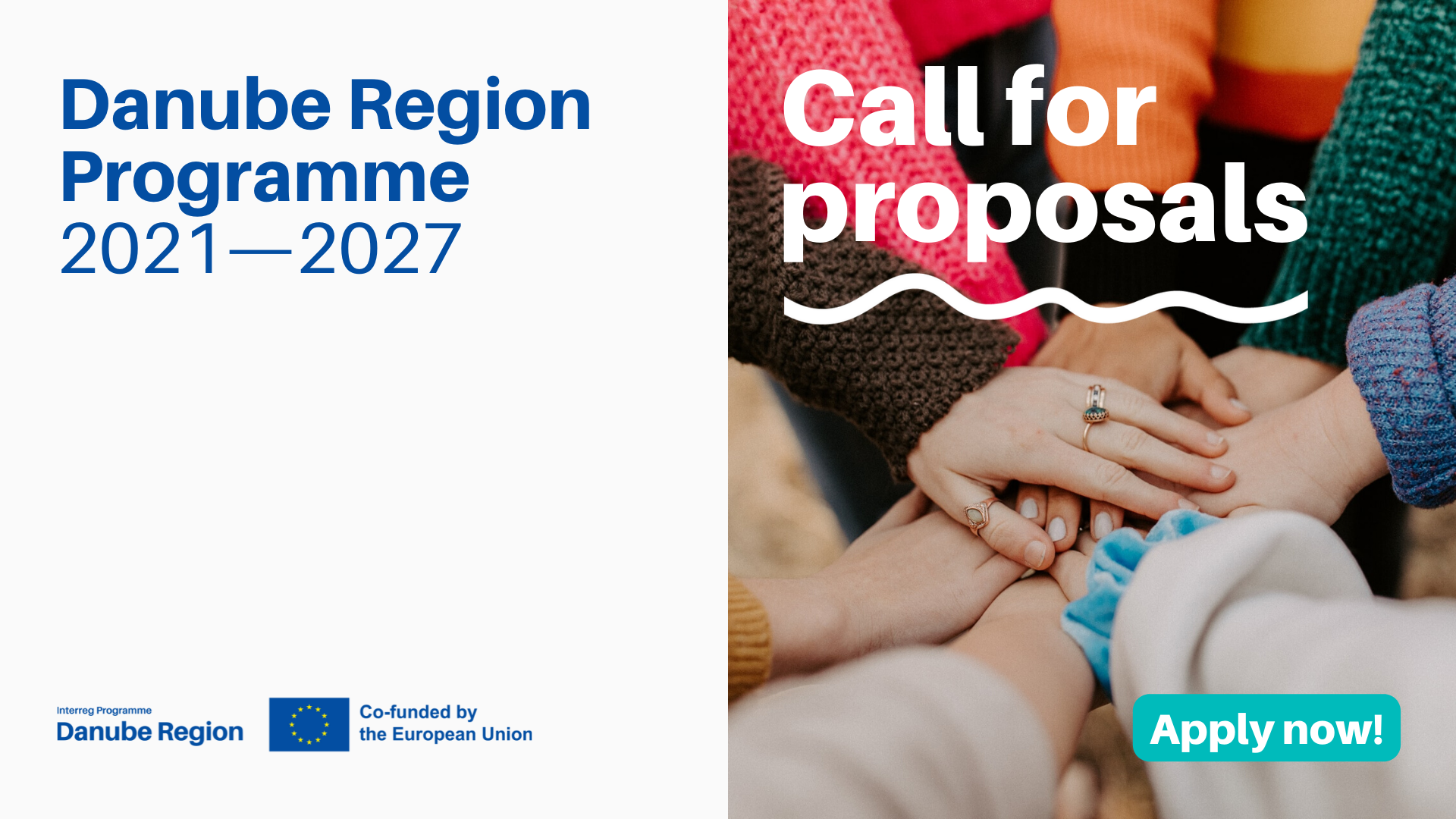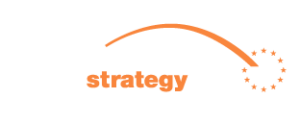The Danube Region Programme launched the first call for proposals on 29 September 2022. The call will be open until 21 November 2022, 14.00 CET. The call is targeted to proposals for projects focused on the programme priorities 1, 2, 3 and specific objective 4.2:
- A smarter Danube Region
- A greener, low-carbon Danube Region
- A more social Danube Region
- A better cooperation governance: 4.2 Increased institutional capacities for territorial and macroregional governance
The Danube Region Programme’s call information is available here.
2-step Call for Procedure
For this first call, the Danube Region Programme organises a 2-step procedure. During the first step, applicants submit an Expression of Interest (EoI) outlining the intervention logic of the proposal. Furthermore, the Expression of interest includes the strategic relevance of the project idea for the Programme’s objectives. Applicants submit the expression of interest in the programme’s electronic monitoring system – JEMS.
The Danube Region Programme will select the proposals that shall complete their application form in the second step. The complete application form includes a more detailed description of the project proposal as well as all additional documents (annesxes).
The Danube Region Programme provides a set of documents to consult in order to submit a successful expression of interest, including a self-assessment tool for applicants.
- Danube Region Programme document
- Applicants’ Manual 2021-2027
- Manual on eligibility of expenditure
- Guidelines for filling in the EoI in Jems
- Financial self-assessment tool for applicants
- How to develop a transnational project
What is new?
The major novelties in the Danube Region Programme in comparrison to its preceding programme Danube Transnational Programme are the EU co-financing rate, the use of funds, and the assignment to lead partner roles.
In the funding period 2021-2027, the Danube Region Programme provides 80% EU co-financing, meaning that national contributions rise to 20%.
At the same time, all Interreg funds (ERDF, IPA, NDICI) are pooled together in a single pot. What does that mean for the project consortia? The participation of project partners (from non-EU member states) is no longer depending on the remainibg amount of IPA funds or the conclusion of financial agreements. Project partners from across the Danube Region can join the project partnership.
Moreover, project lead partners can be from EU and non-EU countries. However, in the first call for proposals, Ukrainian organisations can only participate as project partners.
How can you access support for developing your application?
Applicants have the possibility to individually consult the Managing Authority/ Joint Secretariat (MA/JS) on their project ideas before and during the launch of the call. Project ideas being at an early stage of development are recommended to be consulted with their respective National Contact Point for general advice and information.
Likewise, applicants can request consultations in the form of bilateral meetings or phone discussions from the thematic MA/JS Project Officer responsible for the respective project topic.
In addition, the Danube Region Programme launched a LinkedIn group for partner search purposes. The group gathers a community of institutions interested in finding partners in the programme area.
Programme events for the first call for proposals:
- Webinar how to use Jems (online event)
- When: 13 October 2022, 09:30 AM CET.
- Register: To attend this webinar, click here.
- Webinar how to build the intervention logic (online event)
- When: 13 October 2022, 13:30 PM CET.
- Register: To attend this webinar, click here.
- EUSDR Annual Forum in Košice, Slovakia, DRP Plenary session (hybrid event)
- When: 19 October 2022, 15:30 PM CET.
- Register: To attend this event, click here.
- Webinar Q&A first call for proposals (online event)
- When: 28 October 2022, 09:30 AM CET.
- Register: To attend this webinar, click here.
Furthermore, we recommend that applicants get in touch with Priority Area Coordinators of the EU Danube Strategy to ensure alignment with the Danube Strategy. Find the contacts here. If your projects addresses territorial governance or institutional capacity building, you might want to get in touch with us.
Do you want to check, if your project matches our actions? Then, take a look at our actions and targets and get in touch with us.





